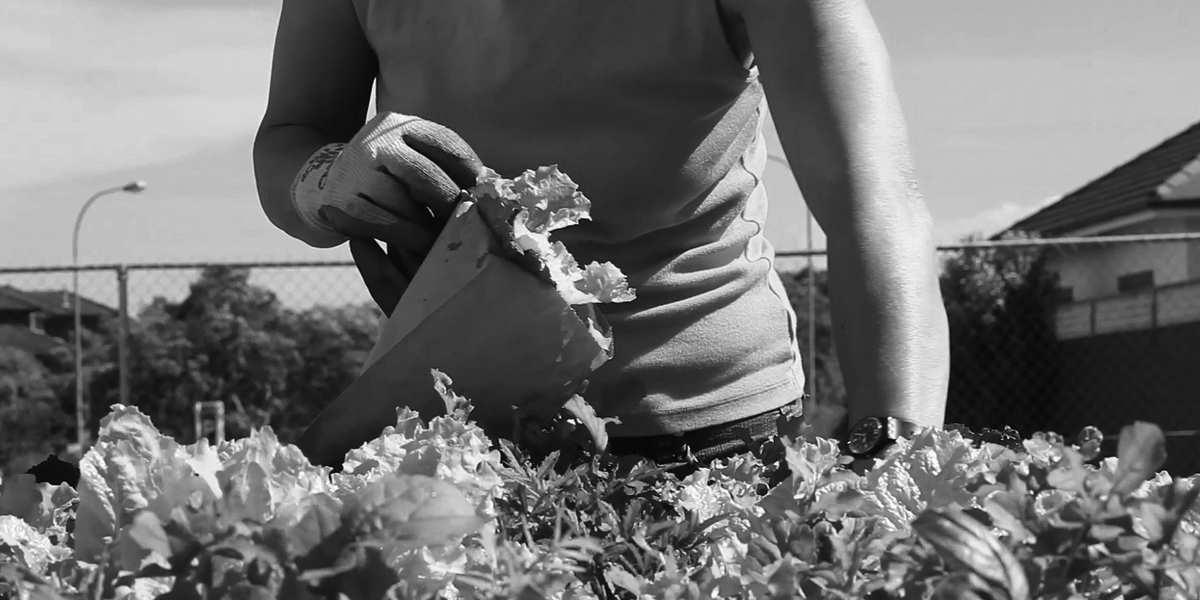Top five lessons from 2013: Environment & Citizenship
It’s been a great year for our Environment & Citizenship programme. In January 2013 the policy review under John Cruddas asked the Fabian Society to explore how Labour builds a popular environmentalism. In a packed Westminster Hall committee room over...
It’s been a great year for our Environment & Citizenship programme. In January 2013 the policy review under John Cruddas asked the Fabian Society to explore how Labour builds a popular environmentalism. In a packed Westminster Hall committee room over 130 people crammed in to hear the discussion. In June, the 2013 Fabian Society’s summer conference focused on the Environment & Citizenship programme. Top speakers including Will Hutton, Maria Eagle and Caroline Flint debated the key issues facing the green agenda.
Our own research and political events have taught us a lot. As we come to the end of a fruitful year, here are five of the top things we learnt in 2013:
1. The green vote will matter in 2015
The ‘Green Space’ edition of the Fabian Review laid out the evidence showing that swing voters were more environmentally-minded than the core voters of all the major political parties. This research framed the opportunity for all the major parties – whoever could best embrace the green investment-led recovery narrative would hold the keys to an important voter bloc as well as a much needed source of economic stimulus.
2. Labour became slightly greener, the Lib Dems dithered while the Tories abandoned ship
2013 can be considered the year in which the Conservative Party essentially became the political wing of the shale gas industry. Before the Department of Energy and Climate Change could begin work on assessing the health and safety impacts of extracting shale gas in the UK and before any serious evidence on how accessible resources were, David Cameron told voters that shale was the magic bullet of energy policy. Paul Ekins of University College London drew together a particularly compelling critique of this approach.
The Liberal Democrats fought internally about how high to prioritise the green agenda. A group of party activists led by Duncan Brack published the ‘green book’ in an attempt to shift the direction of the party towards a more environmental position. Brack argued in the ‘Green Space’ edition of the Fabian Review that such an approach was not only the right thing to do but an opportunity to build common ground with Labour as a possible partner in a 2015 coalition. But a major dent was put in this approach when the Liberal Democrats voted with the Conservatives against putting a decarbonisation target in the energy bill. One of Britain’s top environmental thinkers John Ashton warned in a speech to the Royal Society in May that:
“I can’t myself see how any MP who votes against the target will thereafter be able to credibly claim that they support an effective response to climate change”.
Labour made some advances into the green space set out by the Fabian Society’s research when Ed Balls addressed the Green Alliance conference in July. Balls set out what can be expected from a Labour government on the green agenda in 2015: New powers for the Green Investment bank; a promise to prioritise global leadership for a global deal on emissions at Paris 2015 and a position on shale gas that is sensible and led by evidence. Relative silence since this speech has been disappointing and Labour will have to do more in 2014 to show it really means what it days on the low-carbon economy.
3. Energy prices made the political weather
The big story of the year for Labour’s environmental policy was Ed Miliband’s announcement to freeze energy prices and undertake a series of radical market reforms. What this really showed was the success that Ed Miliband has had in making the political weather.
Soon after, David Cameron’s instructed his aides to ‘get rid of the green crap’, and the Autumn statement shifted the Energy Company Obligation (ECO) from energy bills to general taxation. But As Fabian research has shown, the ‘green crap’ will matter in marginal seats in 2015.
While Miliband’s price freeze has grabbed the headlines it has opened up many questions about what comes next. Donna Hume, reviewing the price freeze policy on the Fabian Review online, provided a compelling case for Labour to do much more on energy efficiency policy to really tackle bills. This will be a major area for exploration by the Fabian Society in 2014.
4. We need a more locally focused environmentalism…
In January, Labour’s policy review asked us: how can Labour’s environmental offer be a more populist one rooted in people’s everyday experiences that commands widespread support? We are beginning to uncover some answers to this question in a major research project investigating how communities relate to environmental issues. This work is nearing completion and will be published in 2014.
5. …Without forgetting the global picture
But just as environmentalism must be rooted in the local, the IPCC published its fifth assessment report in 2013 reminding us the importance of the global aspects of the green agenda. Fergus Green was right in pointing out that Labour is in serious need of a global climate strategy. The Warsaw summit on global climate policy saw a walkout by green groups and unions. Labour must ensure that the Paris talks in 2015 do not suffer a similar fate.
Europe will be a key player on the global stage in relation to climate change. With the European elections taking place in 2014 it is essential that the left finds new ways to engage voters in a conversation about Europe and the environment. A new Fabian Society report published this week called ‘Green Europe’ explores how this can be done.
